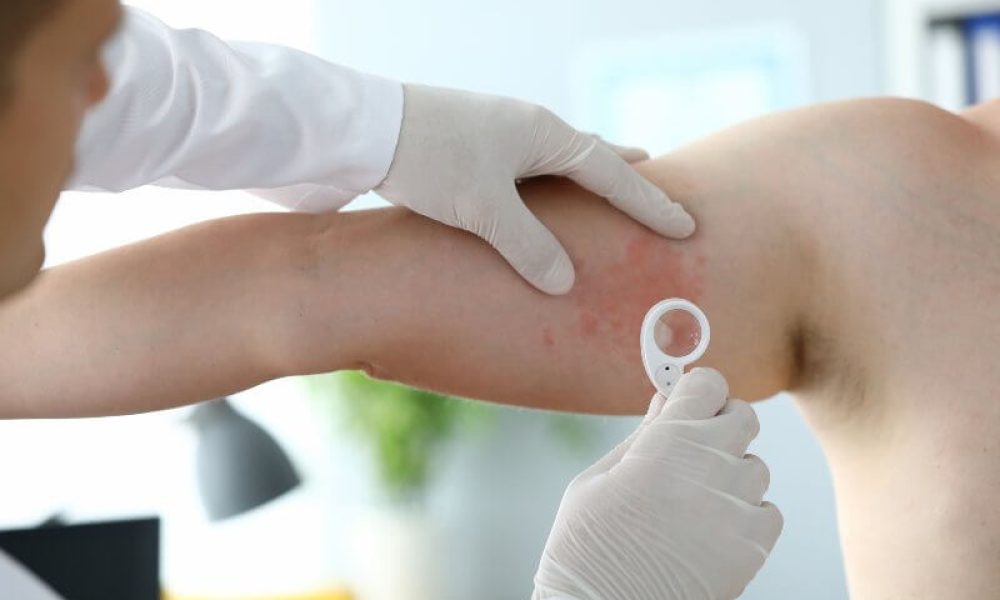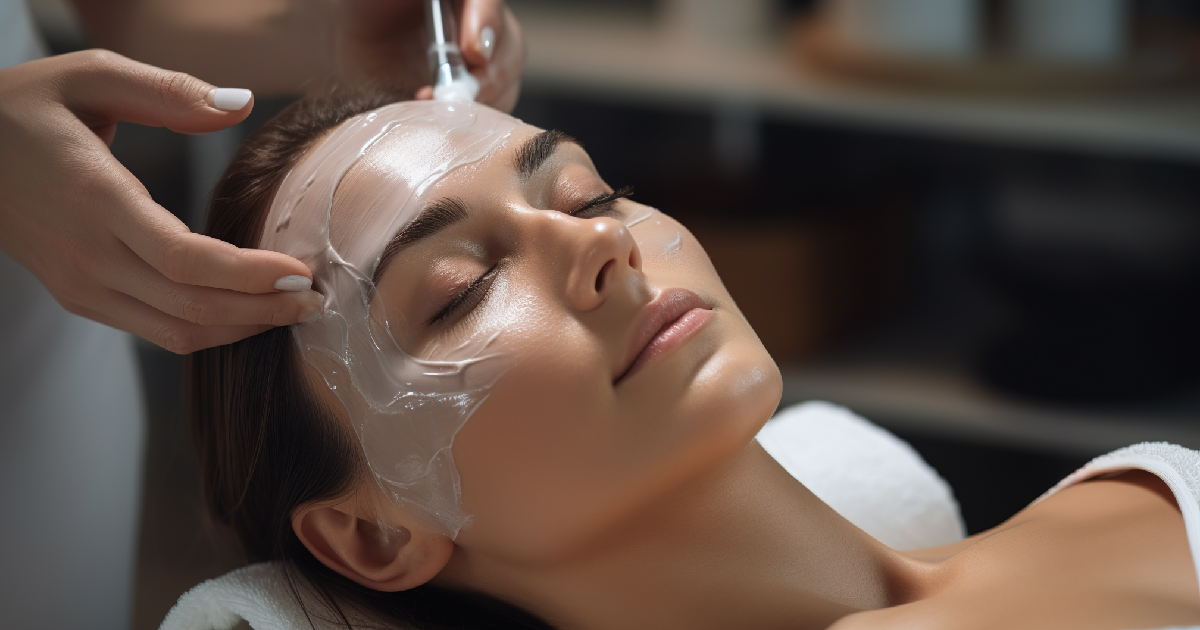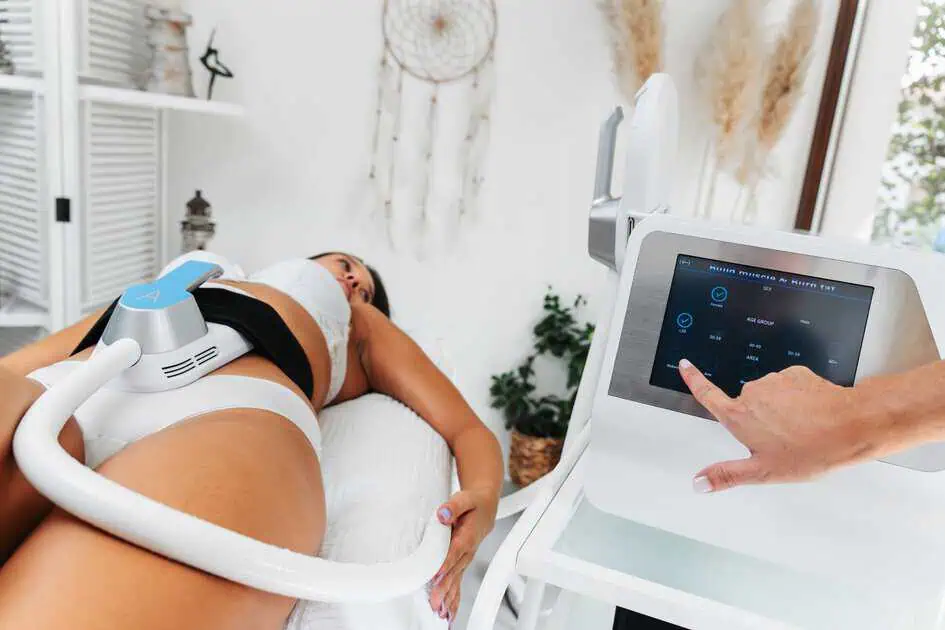When Should You See a Doctor About Eczema?
If you think you might have eczema, it’s important to see a doctor for an accurate diagnosis and treatment plan. Eczema, also called atopic dermatitis, is a common skin condition that can cause a range of symptoms, including dry, cracked skin, redness, and itchiness. While there is no cure for eczema, there are treatments that can help manage the symptoms and keep the condition under control.
Understanding Eczema Symptoms
If you have eczema, you know how uncomfortable it can be. The itchiness, redness, and dryness are bad enough, but when eczema flare-ups happen, the symptoms can be even more severe. Knowing what to look for can help you identify when a flare-up is coming on so you can take steps to avoid atopic dermatitis symptoms or to treat them early.
Itchiness
One of the most common eczema symptoms is itching. Itching can be mild or severe, and it may be constant or only happen occasionally. When eczema flare-ups occur, the itching may become more intense and frequent.
Dryness
Eczema can also cause your skin to become dry, cracked, or scaly. You may also notice that your skin is redder than usual. In some cases, eczema can cause blisters or pus-filled bumps to form on the skin.
Don’t Scratch Skin
When eczema flare-ups happen, they can be very uncomfortable and even painful. If you scratch your skin, it can become irritated and inflamed. Scratching can also lead to infection. If you have severe eczema, you may need to see a doctor for treatment.
Eczema Triggers
There are a few things that can trigger eczema symptoms. Some people may be more susceptible to eczema if they have a family history of the condition. Other triggers include stress, certain materials or substances that encounter the skin (such as wool or detergents), and changes in temperature or humidity.
Treatment Options for Eczema
There are many different treatment options available for eczema, and the best approach depends on the severity of your condition. For mild eczema, over-the-counter topical medications may be all that is necessary to control symptoms. More severe cases may require prescription strength medications, light therapy, or other treatments.
If you have eczema, it’s important to work with your doctor to find a treatment plan that works for you. With proper treatment, most people with eczema can achieve significant symptom relief. In some cases, it may even be possible to achieve complete remission.
Prescription Topicals for Eczema
Topical medications are the first line of treatment for eczema. These medications can be purchased over-the-counter or by prescription, depending on their strength.
Common over-the-counter topical medications for eczema include:
- Corticosteroid creams and ointments: These help to reduce inflammation and itching. OTC corticosteroids are typically used for mild eczema flare-ups. Examples include hydrocortisone, triamcinolone, and dexamethasone.
- Antihistamines: These can help to relieve itchiness by blocking the action of histamine, a chemical that is released in response to an allergic trigger.
- Topical calcineurin inhibitors: These medications work by suppressing the immune system, which helps to reduce inflammation.
Narrowband UVB for Eczema
Narrowband UVB is a type of ultraviolet light therapy that is commonly used to treat skin conditions like eczema. This therapy uses a special type of light that is narrower in wavelength than traditional UVB light, which makes it more effective at targeting specific areas of the skin. Narrowband UVB therapy has been shown to be effective in reducing the symptoms of eczema, including itchiness, redness, and inflammation. It can also help to improve the overall appearance of the skin.
Contact a Dermatologist for Help with Your Eczema
Once eczema is diagnosed, your doctor will work with you to develop a home treatment plan for eczema and explain your in-office options. Treatment plans often incorporate a combination of topical creams or ointments, oral medications, light therapy, and working to avoid triggers that can worsen your symptoms. With treatment, you can keep your eczema under control and live a happy, healthy life.
If you think you have eczema, don’t hesitate to call on the doctors at AspiraBody in Fall River, MA. Early diagnosis and treatment can make all the difference in managing your symptoms and preventing long-term complications.





